JON SCHULZ, JONATAN SPEJLBORG, & JULIAN DUPONT IN CONVERSATION WITH TRAVIS WYCHE

Last time we realized that we needed to identify possible access points for how to enter into the content of the Web3-DAO community that we’ve been ruminating on for the last few months. How can the questions we have generated be put to use? Where would the most interesting results be generated? Does it require interacting with the system in certain ways? If so, how would we identify those ways? What kind of virus would we plant, or what kind of intervention might we perform? What kind of language might we craft to interface with the latent ideologies? How might we shift or modify the direction of the conversation? If we could summon the power to change things, how would we go about it? Where would we go about it? Where is the entry point for us to begin a perspectival shift, or an ontological pivot? How can we use the means at our disposal to contemplate an alternative design language? What part would we change?

I also want to echo Julian’s trifecta of buzzwords, the procession of emancipation, reaction, and desire. How do we design ourselves? How do we prepare our orientation to approach a system, in order to be able to identify those entry points? I think that we all agreed that we must understand the system that we are approaching in order to render it clearly. Part of this task involves formulating appropriate incentives to foster the crafting of alternative desires.
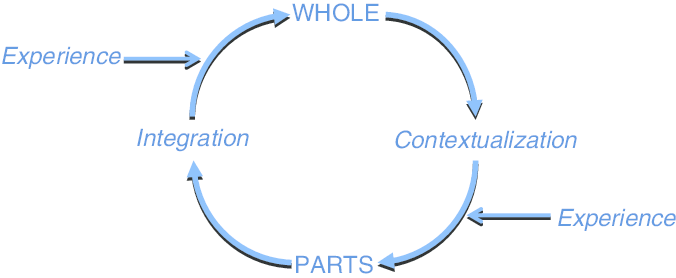
I know that’s a lot. This might be the last conversation that we have, if we choose. Will we choose to think in terms of a conclusion, to think conclusively or comprehensively about these issues? Do we need another session? This is very much a question for me and I leave it to the group to decide. I don’t think that we should be too concerned with coming to conclusions or providing pragmatic solutions. We should encourage each other to be open to keeping these questions open-ended, so how far can we open them?

We also discussed speaking into Elinor Ostrom’s principles. How are her texts influential on the Web3-DAO community? There’s something a little bit confusing about that since the resource of this community is the speculative medium of crypto, which fluctuates so much. Can it still be considered a commons if it’s constantly changing, if it can’t be kept in common?
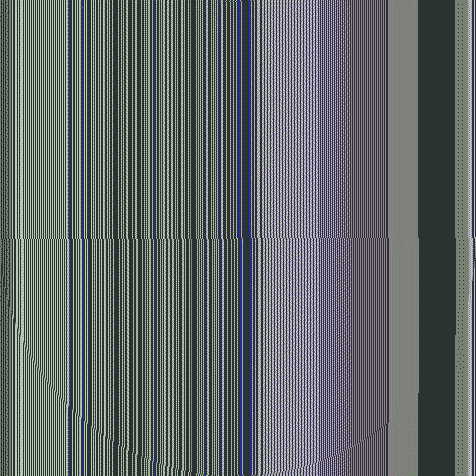
One answer concerns Ethereum, constituting one particular blockchain and the specific community that has formed around it. These folks are especially keen to articulate that cryptocurrency as a digital public good will serve as a bridge or platform for alleviating the coordination pains of physical public good, to bridge the digital commons into the meatspace commons. They would have us believe that this is the beginning of a world revolution in how we orient ourselves to our economic systems and by extension to each other. This is evoked through the terms of game theory. Life is an economic game of multipolar traps, manipulated by rivalrous players competing in self-perpetuating scenarios that manifest in an infinite regress of delusion and collusion, a race to the bottom. There are strong correlations to the tragedy of the commons of which Elinor Ostrom has so eloquently provided clear pragmatic solutions to rectifying.
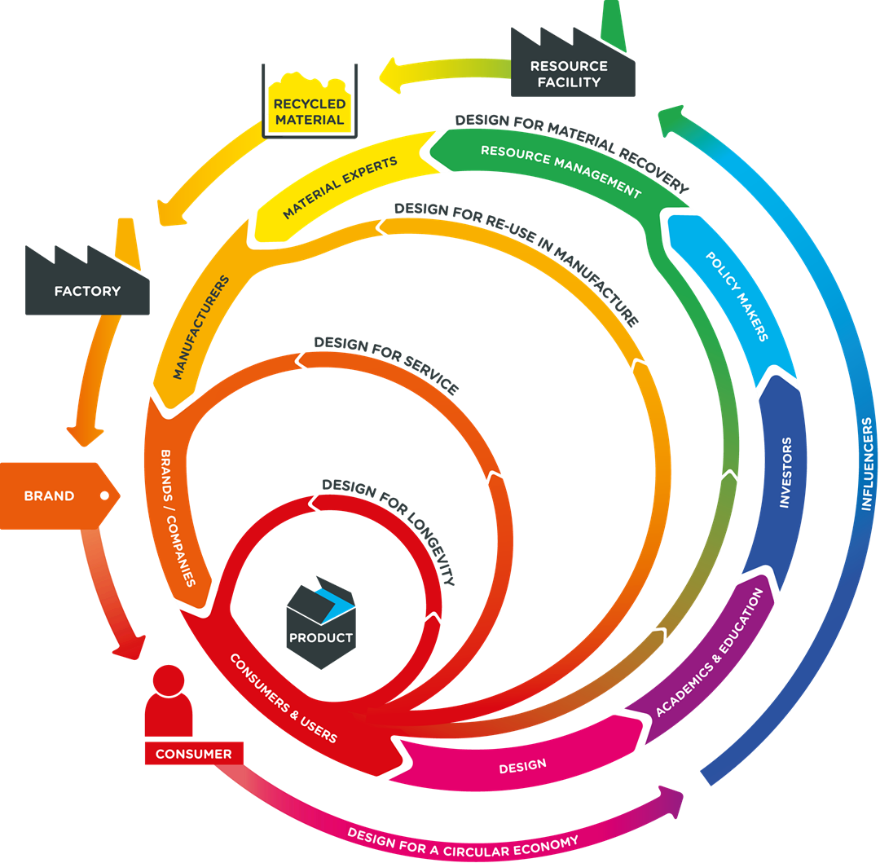
A second consideration is from her eight principles, eight rules from which we might distill an easily digestible and universally applicable code of conduct for how to avoid fucking ourselves over, to avoid the tragedy of any commons, digital or environmental or otherwise. We might identify a correlation between that desire to codify human values, to distill and reduce behavior into core principles, and the aspirations of Web3-DAO builders to design trustless systems for how their communities operate, to block the inevitable nefarious actors with transparent, opt-in laws that defer back to the code as the ultimate sovereignty of our social organization.

I still don’t understand how crypto is a commons. It’s not a shared space of land. How is it accessible, if that can be used as an analogy? Can I just walk in there?
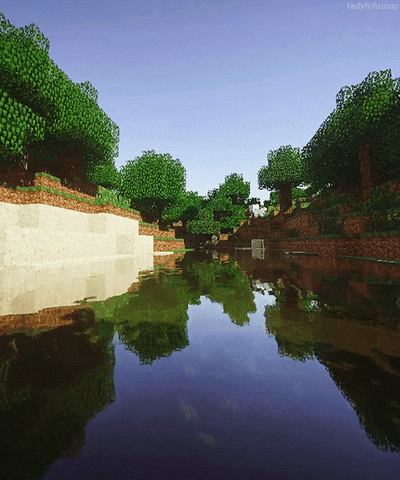
What’s a commons? It’s stuff that a group of people want to manage for mutual benefit over time. Commons include a lot of stuff that’s fairly abstract. The English language — or any language — is a commons, for example, and we’re fairly okay with it evolving over time.
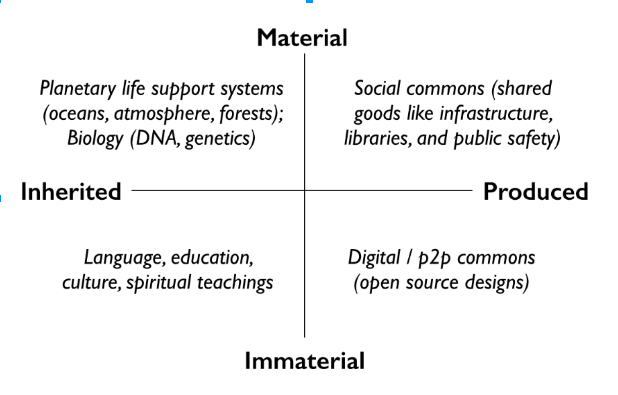
Our economic systems are actually a commons that ordinary people have not been much involved in managing and maybe they should be. There are things that national currencies can’t do, vulnerabilities that they embody that a community can’t really do anything about. It’s operating several levels above the individual. If you want certain things to happen in your community, complementary currency can enable an exchange of goods and services to happen when the larger system becomes dysfunctional due to artificial scarcity or other problems.
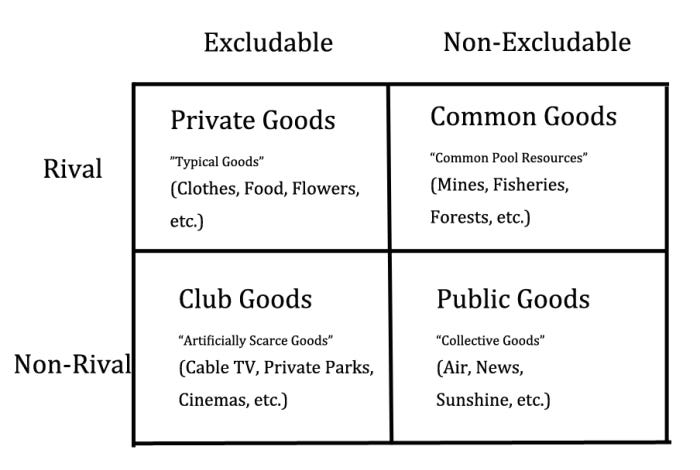
There is also a physical layer to the Web3 stack that is directly accessible and might be considered a commons. The decentralization of the blockchain has dispersed the ownership of the infrastructure. I have a crypto mining rig in my home that is functioning as a node of an international network. I own this infrastructure and get rewarded for operating a node to support these operations. In this sense, the means of production are owned by the same community utilizing the system, if not necessarily the same individuals.

There’s a fascinating exchange happening here between the notion of a commons and merchandise. The articulation of this referential quality of value that has to do with the excess of an objectified relation with reality. I think that it’s reversed through the possibility of thinking of our infrastructure as commons. This illustrates the power of myth and creates a strong connection with the indigenous communities I have been working with. How might we consider a network as an internet of beings more than an internet of things? This is the impetus to design in a different way. How could these decentralized networks start to craft a space for this potential? For example, there is an ongoing discussion among artists concerning how we will decolonize the museum. How might a decentralized and interactive modality of relation allow us to open up this question? Might this technology lead to a recovery of the land? I’m interested in that basic question: how could this network of crypto miners be operating towards a recovery of the land? The potential of this decentralized configuration of relations might lead us beyond the intangible notion of the historical representation of money towards a direct realization of how a reconfiguration of our relations will impact the operations of our world.

What does this virtual currency have to do with ecological notions of the sustainable management of a physical commons and all of these other ideas? The foundations of this project have been focused on exploring governance modalities, how we envision and make models of governance that function as simulations with real world applicability, metaphors that have powerful effects on how we operate in our daily lives. We have also explored treasury management schemas, which for this aging anarchist artist that hates money is one of the most difficult things to think about. When does a resource become a treasure? When does a commons become a treasury, a bank, a war chest? How do we manage value in relation to our values? How do we become aware of the flow of resources in our existential systems?
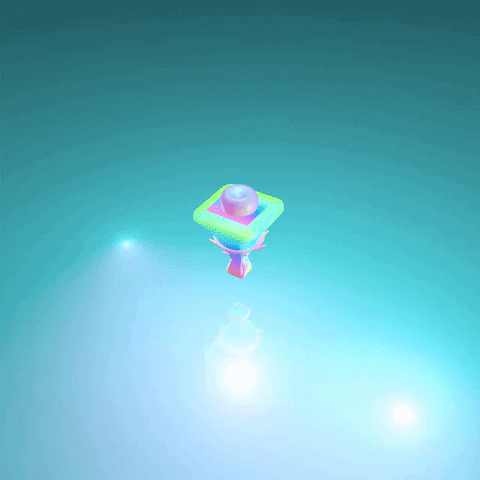
For many in the world, privacy might be considered one of the most valuable resources. Should we call identity a resource? I’m not sure, but for the sake of our conversation I have proposed that privacy be considered a fulcrum point upon which issues of anonymity and autonomy are balanced. One’s sovereignty is dependent upon their choice or privilege to obscure their agency.

As non-technical thinkers in this domain, how might we envision a reterritorialization of the landscape of our bodies and minds? This is fundamentally a question of coordination. As Kevin Owocki likes to say, almost like a mantra resonating through the ecosystem, it’s all coordination and it always has been. The core issue to consider — in the DeathGuild project and with Elinor Ostrom’s principles and how all these abstract ideas relate back to the decentralized internet — is the nature of coordination failure. This is what Moloch represents for the community: the God of coordination failure. If we don’t learn how to coordinate better, if we don’t succeed in our coordination efforts, it will be a failure by our own hands, through our own devices.
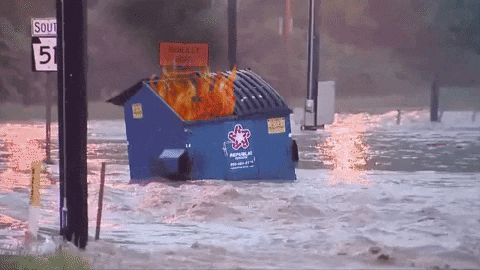
In my opinion, the most important question should be what are we coordinating for? If it’s coordination for pure coordination’s sake, or optimization for optimization’s sake, pure efficiency without explicit human ethics, isn’t this the most disastrous, the most terrific and horrific and grotesque kind of failure? Isn’t this a perpetuation of the same colonial trauma? Isn’t this the perspective that renders the whole world as a resource to be mined for our immediate benefit by sacrificing the potentials of future prosperity and sustainability? Or any future at all for that matter?
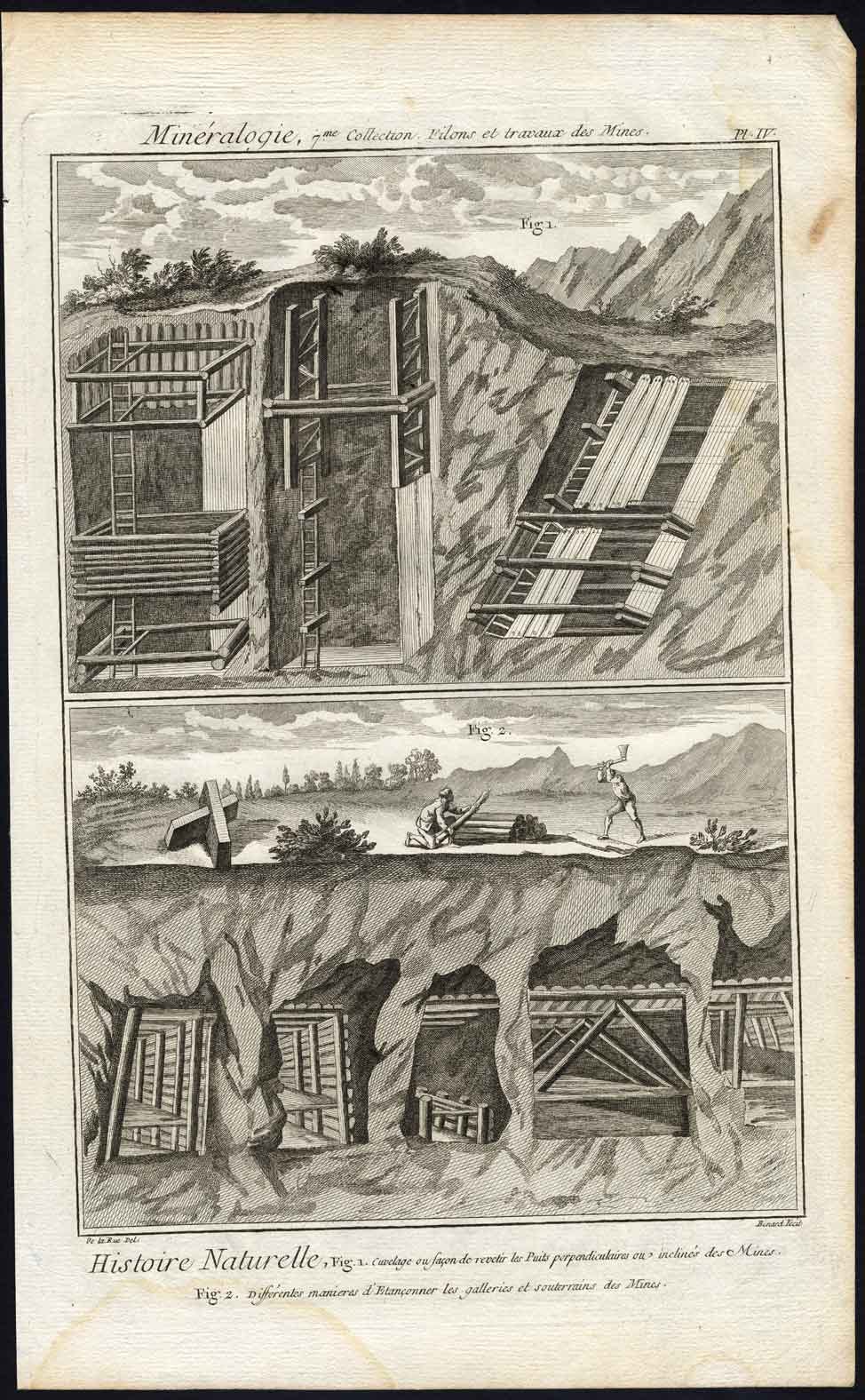
If you’re not clear about what you’re trying to create, about the change that you’re trying to implement, who knows what you’re going to end up with? If we don’t continue to strive for an understanding of how everything’s interrelated we will end up with monocultures and monopolies.
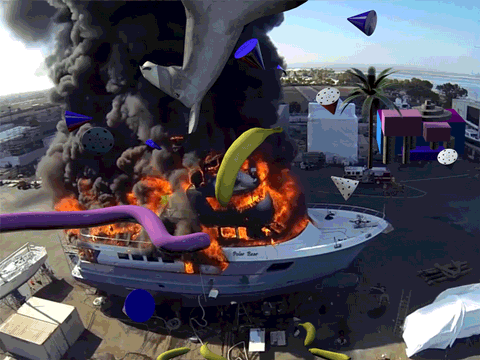
I find this highly relevant. The question of what we are organizing for is a really important question, but I don’t think it’s for us to answer. I’m not involved with these communities. They must decide what they will do. Each DAO has their own priorities for what they want to achieve by engaging with this medium of coordination, but the problem is not just that we don’t know what we’re coordinating for. It’s also the principles for what it means to have successful coordination that seems problematic. When coordination is spoken in this context it seems to pertain to a particular kind of coordination — efficiency and all these words and concepts we have named through these dialogues — that might be very different from the kind of coordination in natural ecosystems and other non-human systems guided by other principles.

The critique that has been developed in these conversations has a lot to do with identifying the principles underlying the idea of what good coordination is, rather than trying to come up with a driving purpose. The question of purpose is not for us. We can critique different kinds of purposes, for sure, but it’s not something that we can provide interesting answers towards.

Maybe we can’t (or shouldn’t) provide answers, but we might continue to contemplate if we are asking the right questions. Is this the best question that we can serve? Is this the last question? Will we simply resolve that this is not our domain? Might we go further to instill a sense of responsibility that there certainly must be a purpose — purpose must not be thrown under the bus for sake of efficiency — and that purpose defines an ethics, an integrity that we must co-develop as a community? Our community must be formed around a purpose, not for the sake of developing highly efficient community building tools in and of themselves.
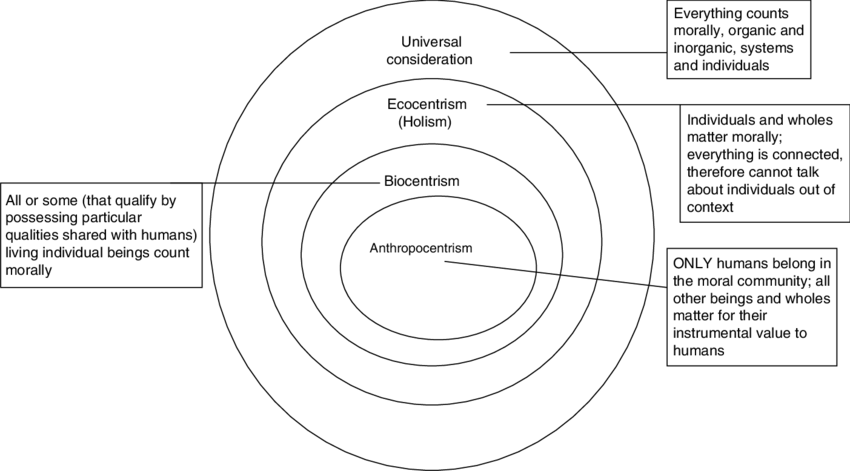
Yes, surely. The four of us can come up with great purposes I imagine, but if our tools and our thinking for how we would move towards that purpose were guided by a particular discourse, that would have influence on the ethics. For me, the ethical consideration is conveyed in the language and the discourse around coordination. Pursuing purpose in itself is also problematic.
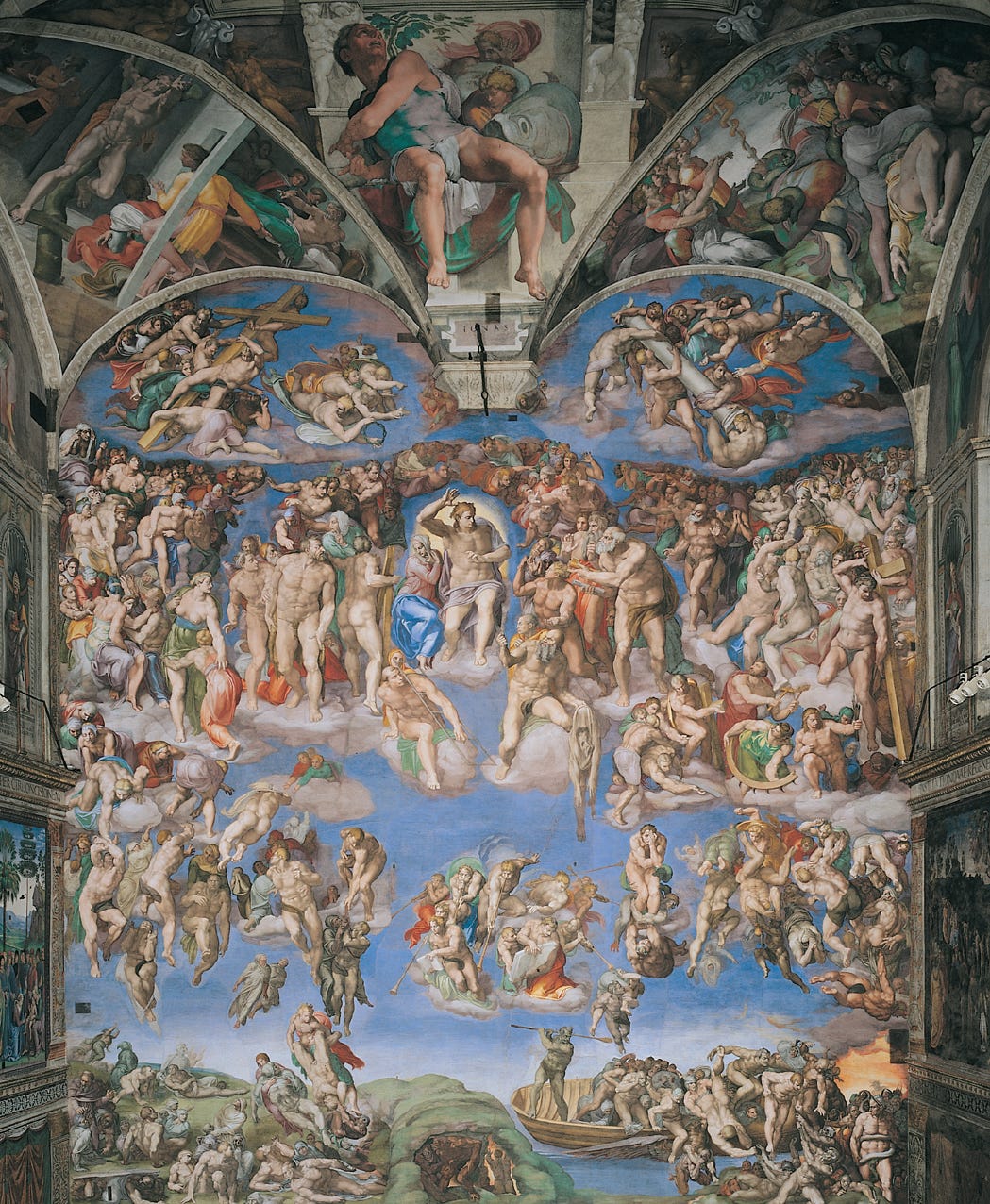
How I’m hearing you is that the journey is an essential part of the process, maybe more important than the destination.
I don’t know about more important, but at least it’s not less important. If you imagine your purpose to be someplace that you’re going to end up, then you will be disappointed. Purpose is a way to set a course and then you start walking there. If you don’t pay attention to everything on your walk, then first of all you’re not going to get there anyway and second of all you’re going to ruin a lot of shit on your way and in the way that you’re walking. If you don’t question what you’re walking on, then… It’s like here in Iceland, full of tourists that just want to get to that volcano, but they’re stepping on all the ancient moss all the time, swarming from all directions, because they just want to get there in a straight line. Of course, it’s important to know where you want to go, but it’s also just as important to really be sensitive about how to get there and what you’re nurturing on the way there. How can your way to your destination be a nurturing process in itself for everything that you encounter and the communities that you engage with and the lands that are part of the journey of getting somewhere?

Earlier today I was editing the second conversation that I had with Julian. I will offer a few lines from the conclusion, which I think are relevant here:
I default back to the necessity of positioning oneself to receive the agnostic sacrament, in order to unlearn the ways that we have known while acknowledging the paradox of attempting to identify and solve for the problem of this worlding vision, while remaining firmly embedded within this decaying vision of the world. Without doing so, we will only perpetuate more of the same reality distortion tunnel, leading to an inevitable appropriation of the identity of the other and the violence of othering more generally. Perhaps we could be generous towards something like the western artistic tradition and say not so much that it has failed to shift our consciousness, to change our minds, but that it has, in fact, succeeded in its own monstrous efficiency, by appropriating itself back into the very system that it attempted to critique, which is to say the world.

Western art attempts to critique itself while critiquing its own embeddedness in the world, right? Isn’t this reason enough to let it go? How could we act upon letting it go? We began today with the prompt to attempt to identify together — not just the how or the what of purpose, but — where we might insert ourselves into the conversation about the importance of DAOs?
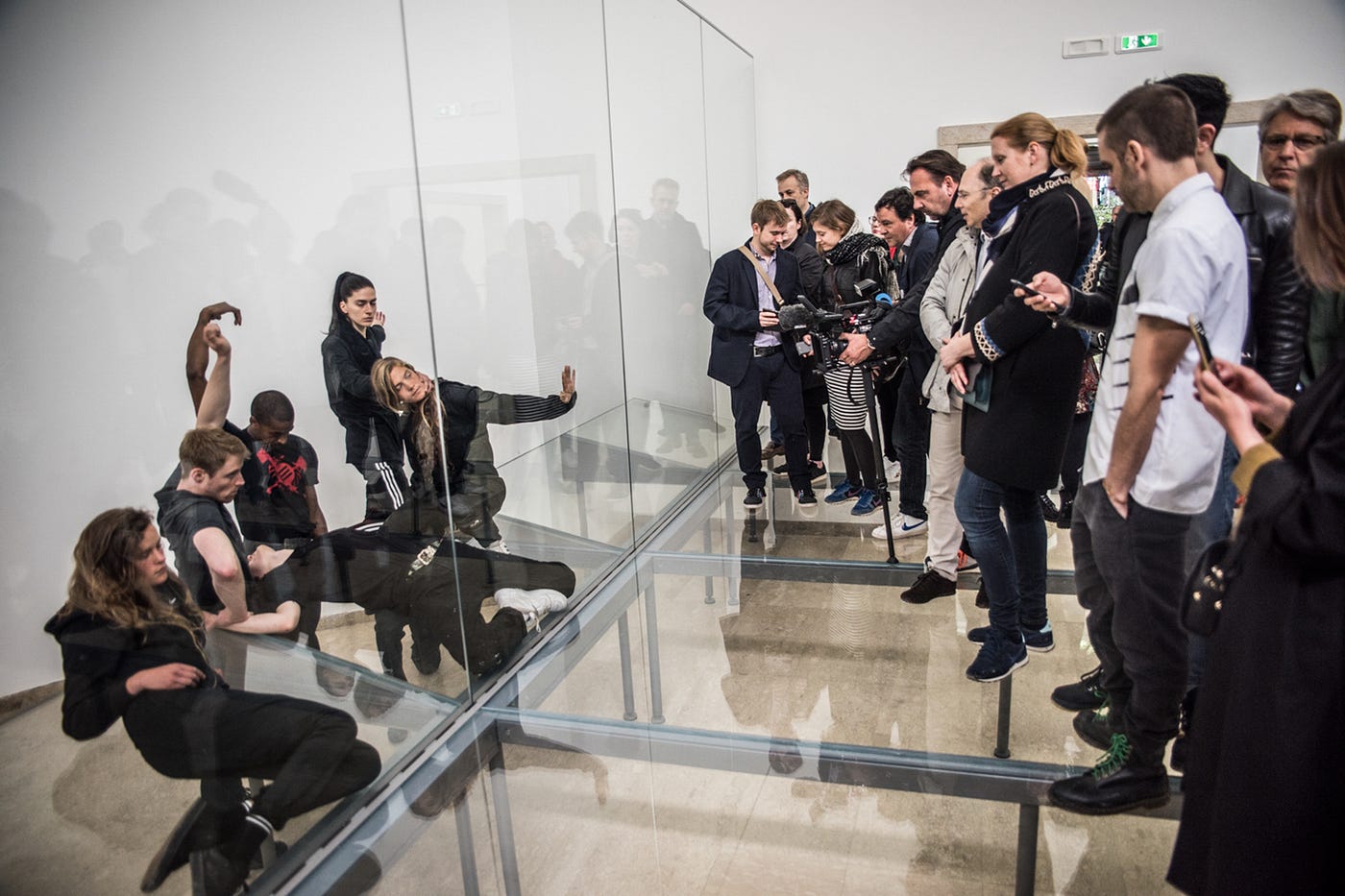
For me, tracking the processes through all these relations of relations is very important, but there’s something inevitable to address: the base. Efficiency in organizations departs from a resolution of technology that is already validating an objectified principle towards the articulation, relation, construction, and design of forms. When we’re contemplating models of governance, treasury management, and privacy, it’s inevitable to recognize that there’s already an embedded paradigm of a dialectical system responding to an embedded production of reality. It’s a relation that is inherently biased. My take on how to start a conversation with these systems — or the designers and builders of these systems — begins with questioning the base, to think towards a possible reterritorialization of the foundations.
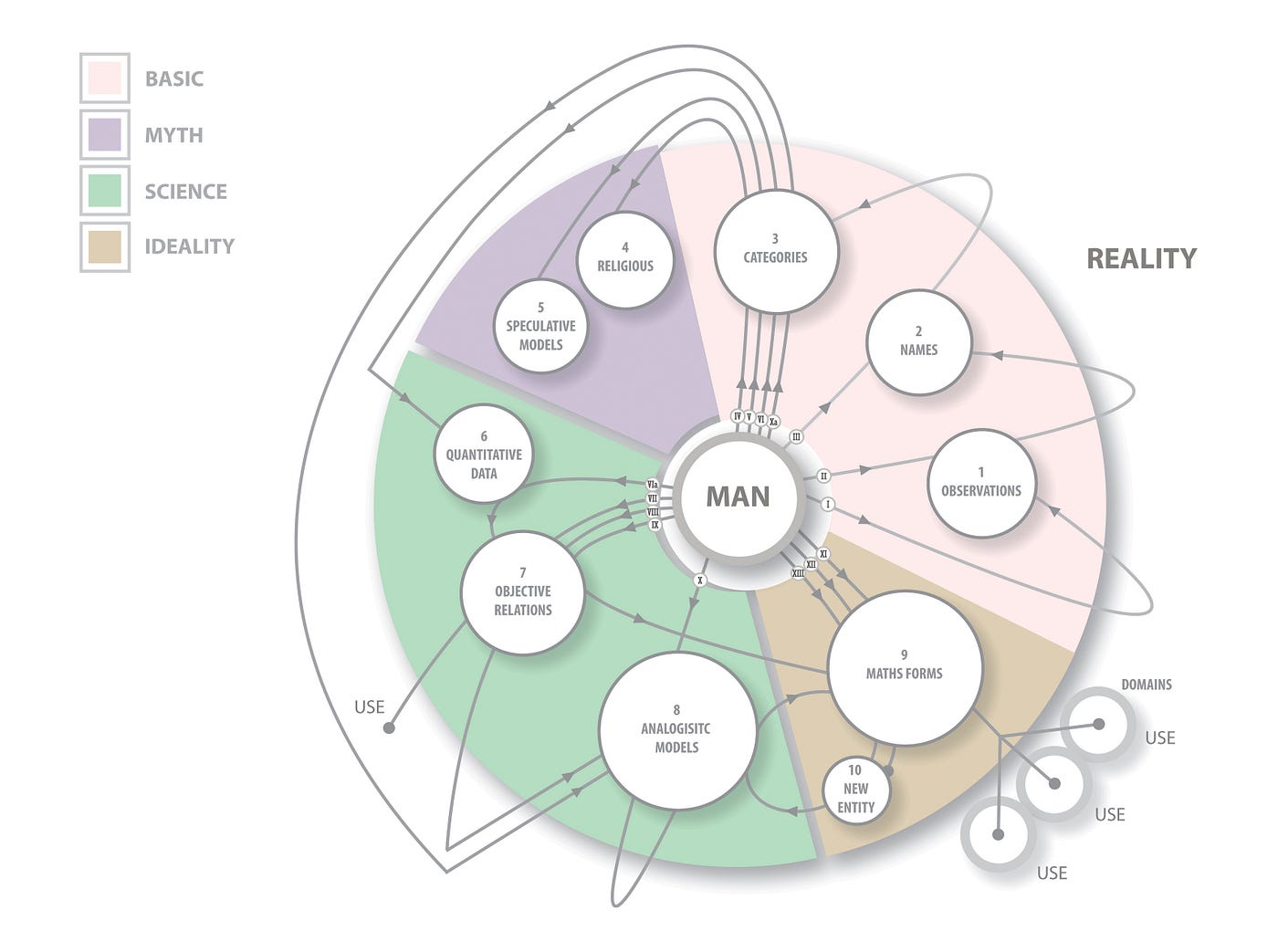
The exciting potentiality of these systems towards emancipation will not be limited to the redistribution of currencies. The exciting part is in asking how this could lead us to imagining a possible resolution of the articulation of artificiality and whatever might come after that question. It’s currently impossible for me to think of the Web3-DAO frameworks as emancipation, since the currencies are merely operating as decentralized models of the same colonial governance systems. There’s a very potent conversation happening here and I’m not trying to discredit it at all. This conversation is very important and world governments also recognize this importance, as evidenced by numerous prohibitions of cryptocurrency around the world for a variety of reasons. There’s something happening here that is key to articulating an orientation to the contemporary problems that we’re dealing with.
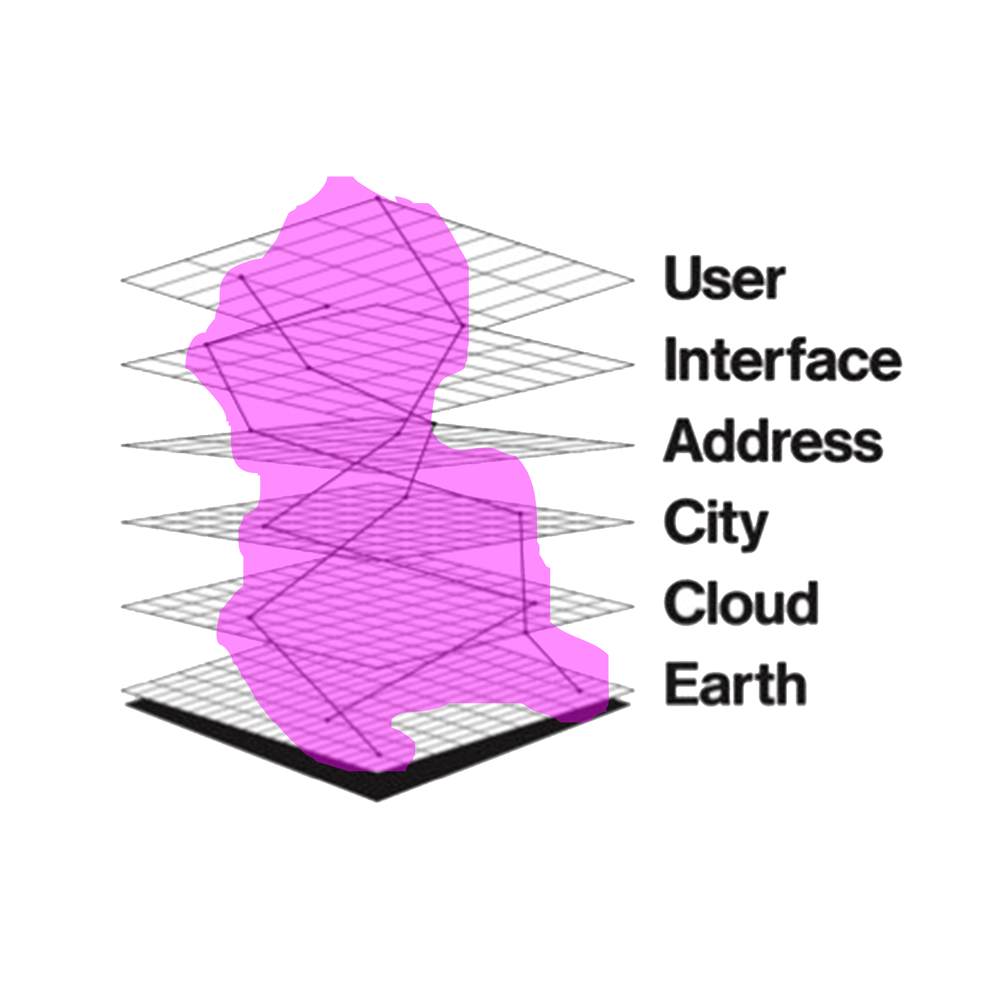
How can a group of engineers, thinkers, and developers of these technologies come to the indigenous University that I’m working with so we can craft a space to think about these problems together? For that to happen we would need to question the objectified notion of technology that enables the economic and governance systems to operate. To question the foundations and continue to explore the potentiality of where these questions could take us will require opening up into spaces that are outside of their own entropy.
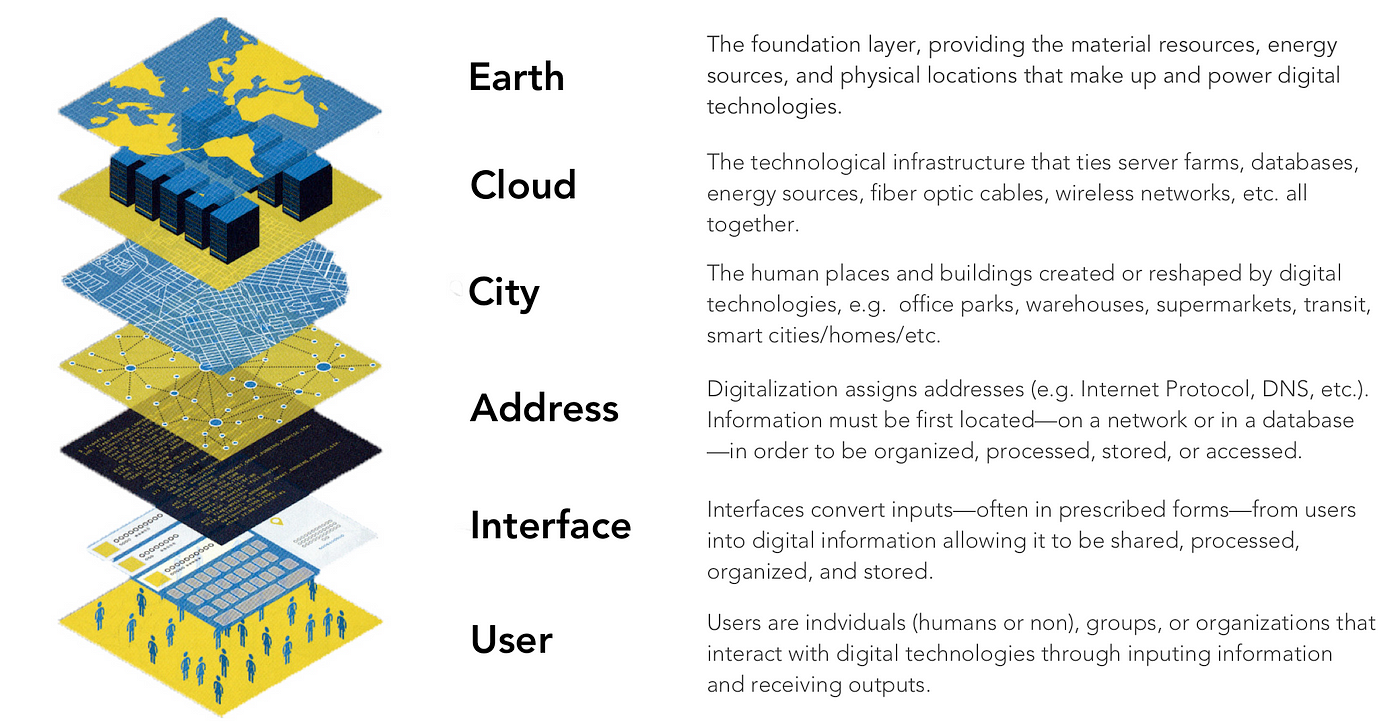
In response to that, I have a final prompt that we might all try to respond to. We might certainly identify endemic coordination problems that threaten a tragedy of the commons, but at the foundation of coordination is an imagination problem. From my vantage, it’s all an imagination problem and it always has been.

Julian, I hear you referencing what has been described by Timothy Morton as agrilogistics or by James C. Scott as the high-modernist view, the helicopter scope, God-King colonial imperative. It’s Cartesian perspectivalism, the Copernican turn, the tendency of the rational mind to project a quantifiable grid upon the entire world, to render it as units and articulate a standard metric, emphasizing the importance of quantity over quality simply because quantity can be objectively measured and archived. One foundation that we might question is the importance and value placed upon what can be measured, what can be rendered legible, what can be seen, and therefore what can be visualized through our mental models. When we default to that mode, we essentially suspend the need for imagination, refrain from intuitively probing into the unknown, into the murky morass of pure potentiality.

My fear is that if we don’t learn how to unfuck our imagination — or learn how to dream differently — before we fail by our own coordination catastrophe we will simply, predictably, and tragically perpetuate more of the same. We will continue to terrorize and territorialize according to this need to render legibility, to put forth a machinic vision that reduces all human agents — and really all agents, all agency — into units, metrics, a compartmentalized numerical framework, a purely mathematical vision. The supremacy and the terror of the master’s gaze, of the quantifying eye of the surveyor: this is a vision that owns territories, rather than recognizing an ecological debt to the land. This way of seeing the world — this way or worlding — uproots relations rather than embeds being in a humble entanglement.
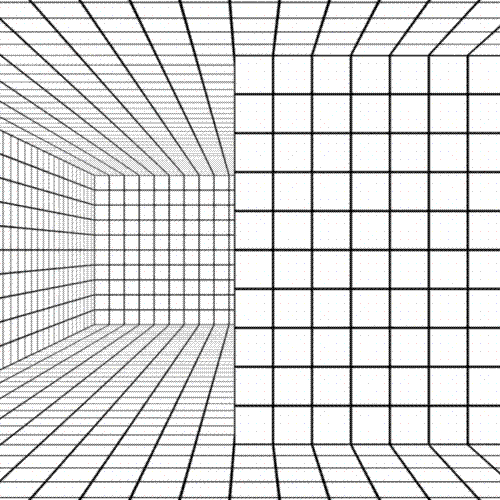
Jon, we’ve talked a lot about ecological principles and sustainability. Jonatan, we’ve talked about designing for openings and compositions that take into account the potentials of taking risks. Julian, we’ve been speaking about the importance of ontological pivots or what we’ve been calling epistemic breaks, a break with what we thought that we knew, even a violent break that might allow for an inflow of a radically different way of worlding, a new vision of the world. We’re not seeking for answers here, but I’m wondering: is there a better way to articulate this? This is my limit, the threshold that I brush up against.

I’ve mentioned Donella Meadows’ ideas about places she has identified for intervening in a system to make positive change. The key takeaway from her work is that the only place you can make significant and permanent change is when you get to that embedded paradigm you’re talking about. Any organization has an internal coherence based on their projected paradigm or worldview. Change needs to happen on the level of belief, in how we think about whatever it is we’re creating. That’s really hard, because everybody believes in what they know while the truth is that very little of what we know is objectively true.
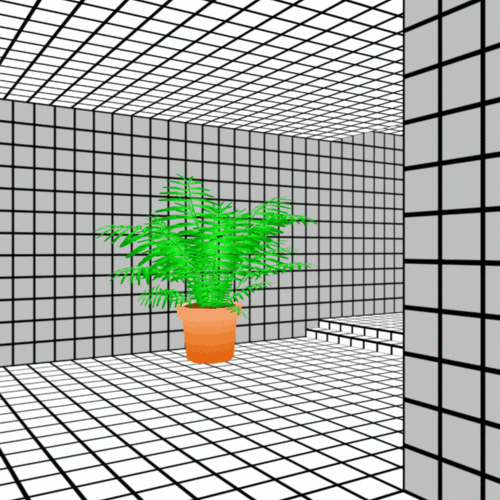
That’s a beautiful riddle. I want to ask you to simply answer this question. How do we change our own minds?
You have to decide you want to, for starters. You can decide to believe whatever you want. We have free will here.
So they say. I thought you were a scientist? I thought we lived in a deterministic universe? Is that a delusion of the master?

I’m also a student of consciousness. You can change any belief you have simply by withdrawing your agreement to believe in it. You have to do the work though! You may have to come back to it a few times to say, yes, I really did mean that I’m not going to believe that anymore. We have lots of beliefs that are not beneficial to our being.
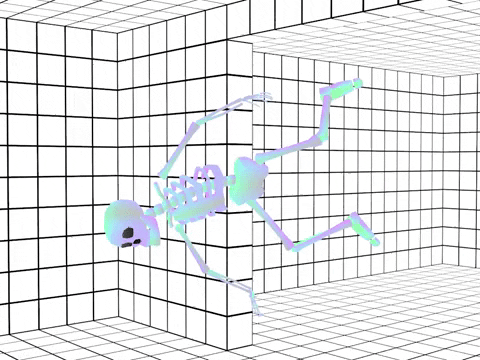
If you’re engaging with this community and you’re coming from a point of view that there’s an imagination failure in terms of how things are designed and the potential purposes that can exist within those designs, then what kinds of space can you nurture that can hold an expansion of the imagination when you engage with these communities? Developing these conversations, publishing them, participating in conferences, and critiquing all sorts of things might not be enough. I think there needs to be spaces created — let’s call them schools — for cultivating our imagination. If we consider the school a space with some particular qualities or properties, how can you carve out spaces in these communities in an interesting, semi-sustained way?

Let’s call them schools
I think that your fear is right. I feel the same about this danger. Towards the need for imagination; I think the non-metaphorical dimension of technology could be found in relating imagination to the brain — our meatspace — and the resonance of technologies entering into our imaginary system. It reminds me of something the philosopher Nick Land has written, that we will need to surpass the notions opened up by Deleuze’s rhizome to try to think of a new emancipation that will liberate us from the rhizome itself. Timothy Morton says that Marxism needs to start a conversation with animism if we are going to survive. For me, the importance is to continue exploring how to think in systems that can become something other than themselves, other than what they are. This is the resolution of imagination. The possibility of a non-metaphorical dimension of technology has to do with addressing the world through an embedded resolution. The potentiality of imagination is in directing ourselves out of the mirror. This system will need to look beyond its own construction. Posing this question to the builders might open the possibility of a reterritorialization of our foundations. This is the question we should begin with.
I love that we’re ending on an invitation to begin again. Thank you for that.

This series is made possible by a generous grant awarded by MolochDAO. Thank you Moloch!